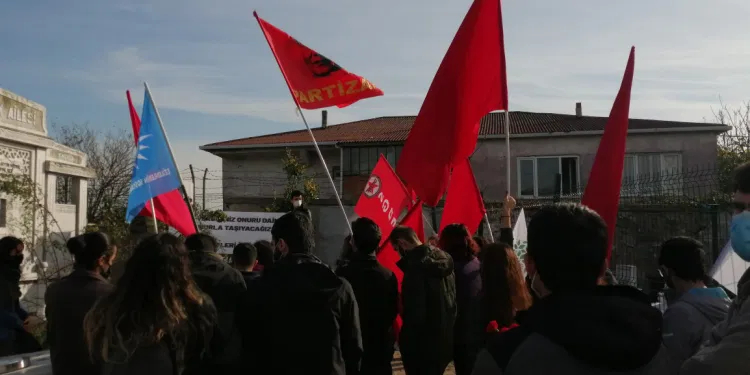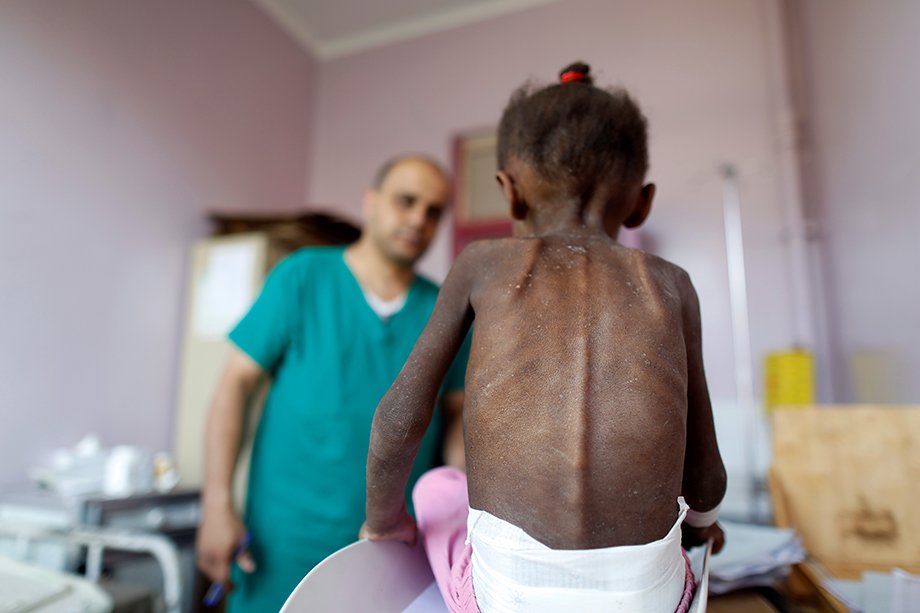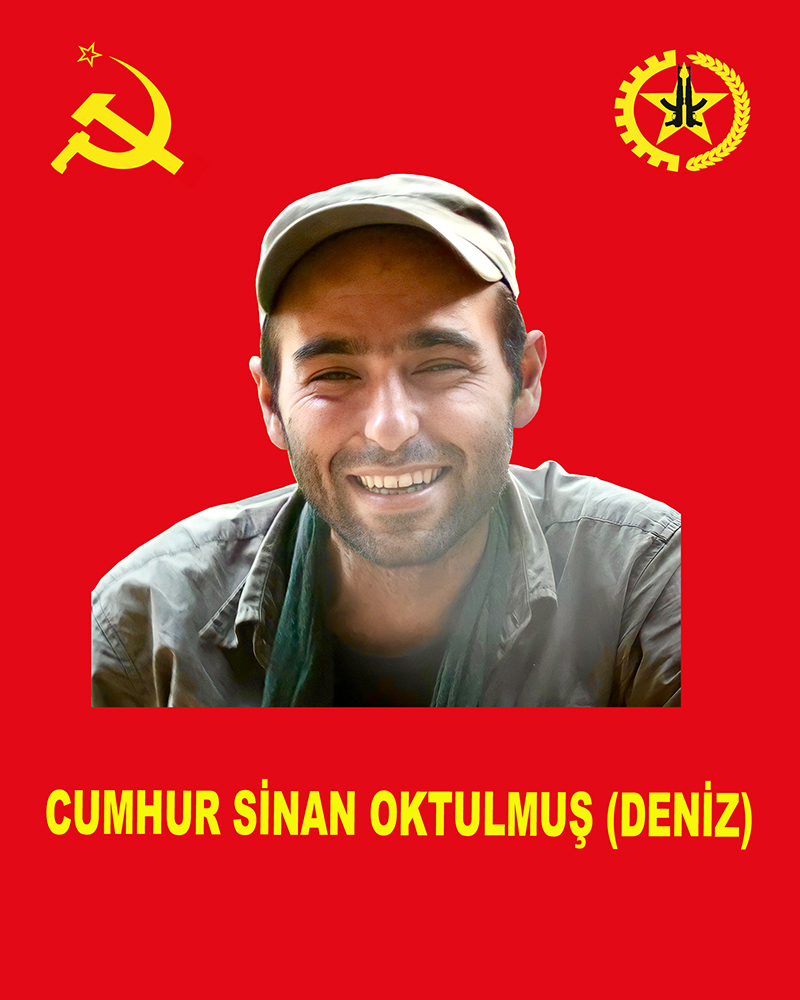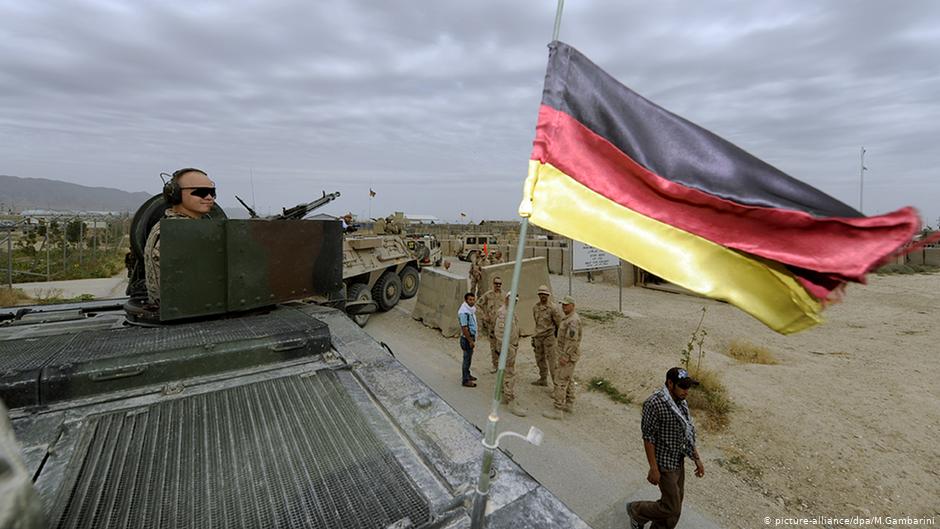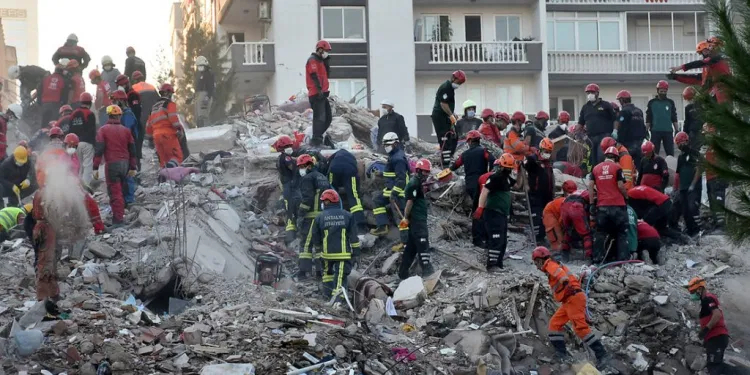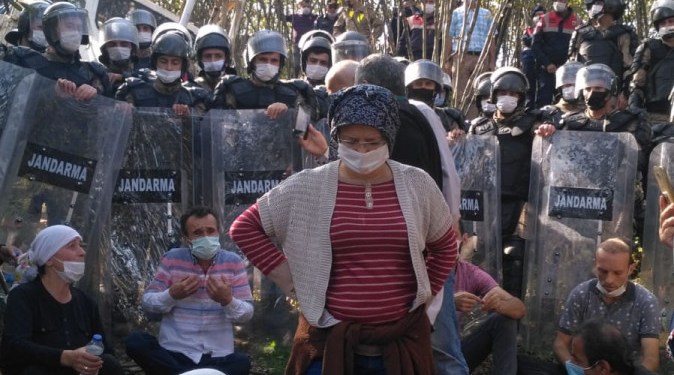Asien
Asien
- Details
- Category: Asien
Last week, the "Ezilenian Sosyalist Partisi'nin" (ESP), the "Socialist Party of the Oppressed", organised a commemoration ceremony in honour of the revolutionaries who died in Turkey in the recent past in which representatives of different struggling parties, including the Partizan, participated. The ceremony was held in the face of the "ideological, political, military and organisational" attack by the old Turkish state in its offensive against the guerrilla areas, which caused considerable loss and destruction for the revolutionaries, and collectively underlined the consciousness of the reality of the struggle and the organisation based on it.
- Details
- Category: Asien
In the current crisis of imperialism hunger is growing to be a bigger threat to millions of people than Covid19.
- Details
- Category: Asien
TİKKO commander and member of the Dersim Regional Command Deniz (Cumhur Sinan Oktulmuş) has fallen in early November in consequence of the old Turkish state's continuing heavy attacks on TKP/ML guerrilla territories. We mirror here a section of the statement published by the Central Committee - Politburo of TKP/ML on the death of the comrade:
- Details
- Category: Asien
Contrary to the regular invocations that the Afghan puppet government should be able to cope without foreign soldiers in the future, the German Armed Forces are investing another 50 million in their local infrastructure.
- Details
- Category: Asien
"Today we are experiencing a historic day for our country, experiencing how a dream of 60 years ago comes true". These were Erdogan's words after the presentation of the two prototype models of the new electric cars in December last year, which are scheduled to roll off the production line in Turkey from 2022. Then "Turkey will finally have its own car brand". The plans have become more concrete, and new details were published in August. The first export market is to be Germany among others. But: Is the e-car production in Turkey really a sign of the strength of the independent national economy?
- Details
- Category: Asien
In Izmir there was a strong earthquake last week, in which according to Turkish media nearly 100 people died and about 1000 others were injured. In each case after the regular earthquakes in Turkey the so-called earthquake tax is again in discussion. The "earthquake tax" is originally called "special communication tax" and raises the costs of cell phone calls, radio and television programs. It was originally raised in 1999 to repair the damage caused by the Marmara earthquake, and has been continuously expanded since 2003. According to the Ministry of Finance, the tax has raised the equivalent of USD 36.9 billion in the past 20 years.
- Details
- Category: Asien
Time and again, important protests and disputes take place in Turkey in the countryside, which receive little attention from the outside. In a village in Ordu Province in northern Turkey, resistance by the inhabitants against drilling for mining activities has been going on for a long time. In the morning hours of October 28, the village was again occupied by gendarmerie units to ensure drilling operations.
